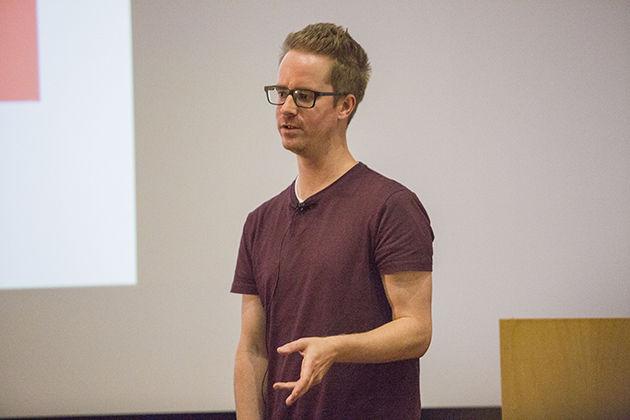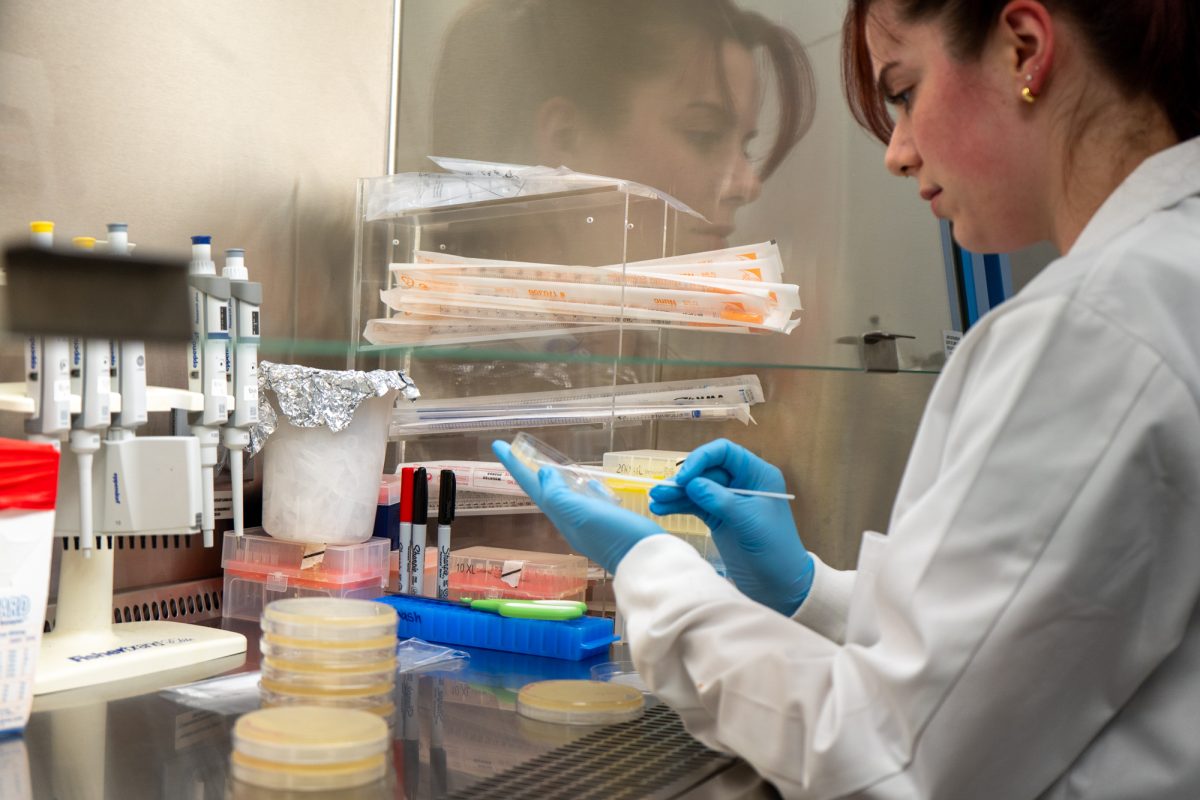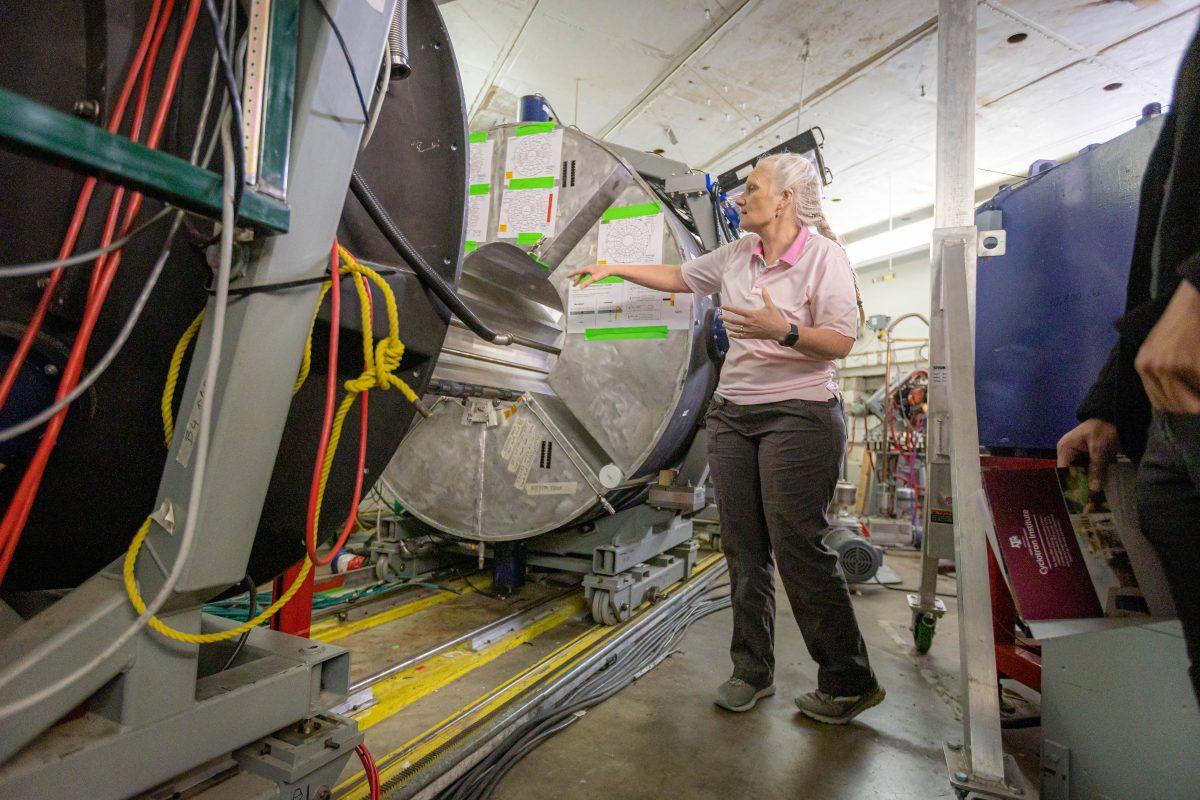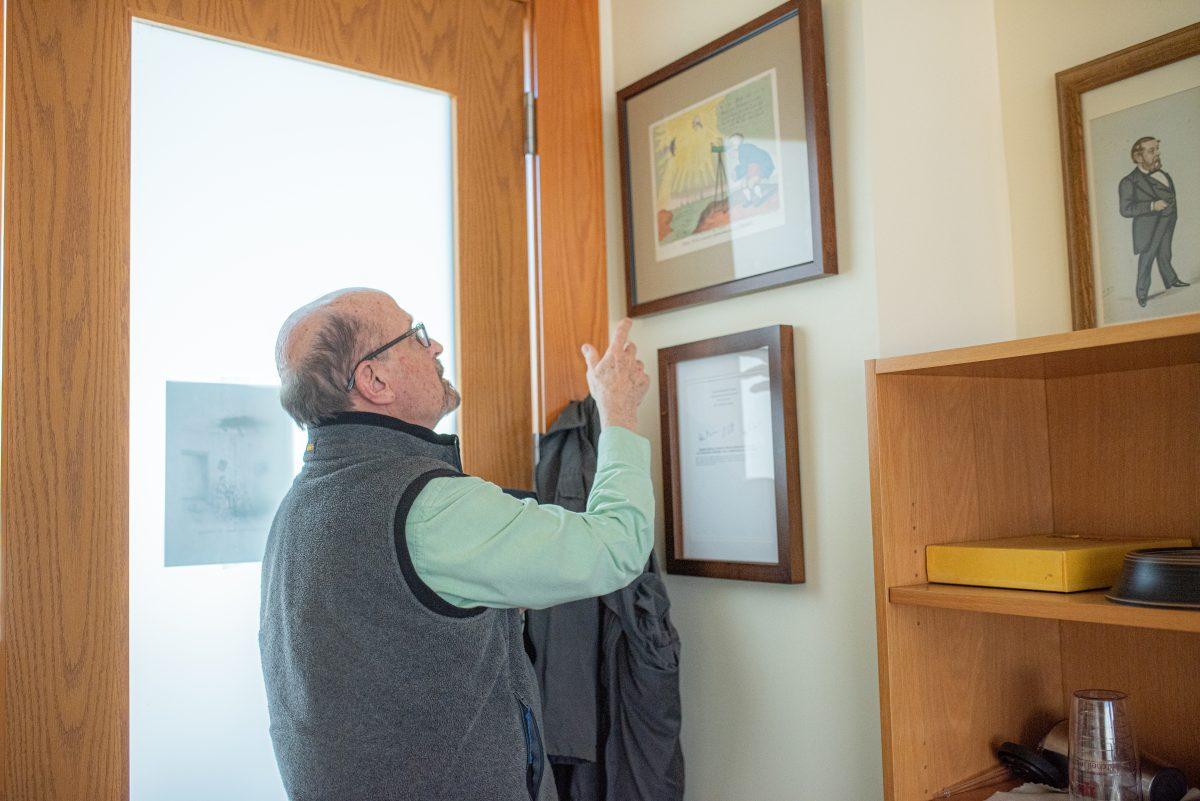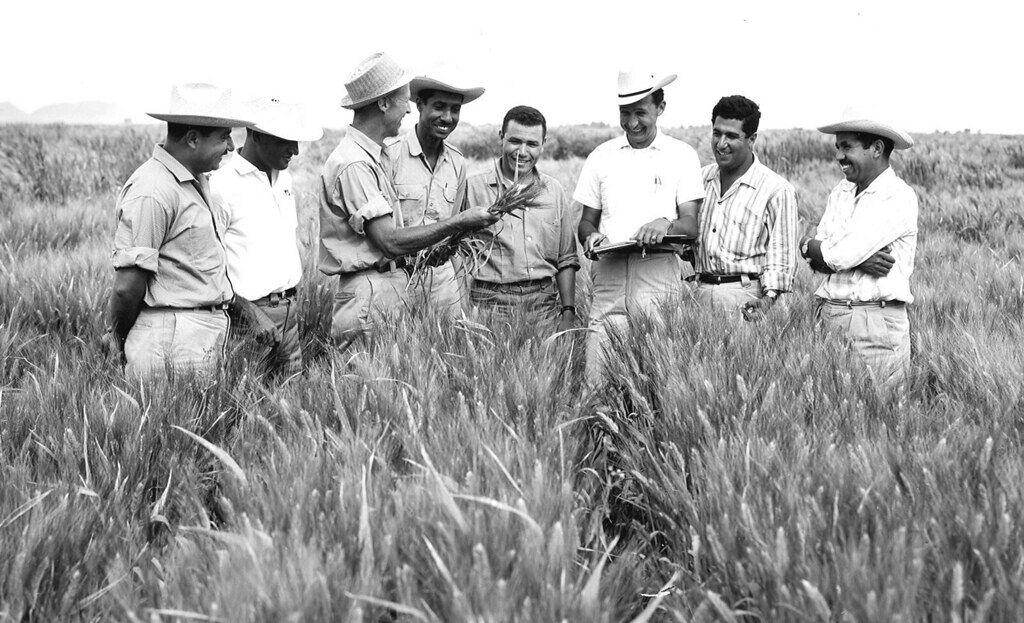General purpose automation — a rising operational system removing human involvement — could replace nearly half of current jobs in the United States.
On Sept. 19 the College of Architecture hosted Nick Srnicek, author of Inventing the Future: Postcapitalism and a World Without Work. Srnicek spoke about the future of automation and its economic impact upon modern capitalistic systems as a part of the Department of Architecture fall lecture series.
Over the next 20 years, general purpose automation will likely be integrated into every field of industry. Srnicek said a world like this would inhibit high unemployment rates.
“Various establishments have said 47 percent of present U.S. jobs could be automated over the next two decades…A similar study for the European Union, said that 54 percent of E.U. jobs could be automated in the next two decades,” Srnicek said. “This is also a global problem, it is not just a problem of rich countries. If we look at Nigeria, 65 percent of jobs there could be automated.”
People are not just unemployed, they are unemployable, Srnicek said. With the rise of automation, software and robots are taking place of humans because they are faster, better and cheaper. This creates a scenario where levels of automation increase and levels of employment decrease.
According to Srnicek, the solutions could be achieved by politically advocating for full automation while advancing welfare programs — a process he refers to as universal basic income.
“This is the idea, the very radical idea, that the government provides everybody with a basic minimal amount of money to survive,” Srnicek said. “It’s controversial, but the idea is if we imagine a world where a lot of people are taken out of their jobs, they don’t have money to spend on goods…So how do you get people to continue buying goods, to keep businesses going, to keep the economy ticking over — [universal] basic income does that.”
Srnicek said for universal basic income to work, full automation must be achieved. He said it likely would not occur naturally as a product of the markets but requires the efforts of activists.
“I think the natural outcome of the market is not to fully automate things and I think that is why it has to be a political demand because it isn’t just an outcome of the free market,” Srnicek said.
Gabriel Esquivel, associate professor of Architecture and committee member organizing the lecture series, said the outlook of general purpose automation will have significance in the future.
“It is really important that we look towards people that gives us options,” Esquivel said. “We can agree or disagree, but we need to have a model of the future that will guide us to accepting a lot of issues that are going to happen regardless of us wanting them or not.”
Esteban Armenta, environment design junior, said the future of automation will be beneficial to society.
“We are moving forward with everything,” Armenta said. “[It] can be a little overwhelming to the public eye but really understanding the concept behind that, understanding that it can go good or bad is really interesting.”
Humans today, robots tomorrow
September 22, 2016
0
Donate to The Battalion
Your donation will support the student journalists of Texas A&M University - College Station. Your contribution will allow us to purchase equipment and cover our annual website hosting costs.
More to Discover



